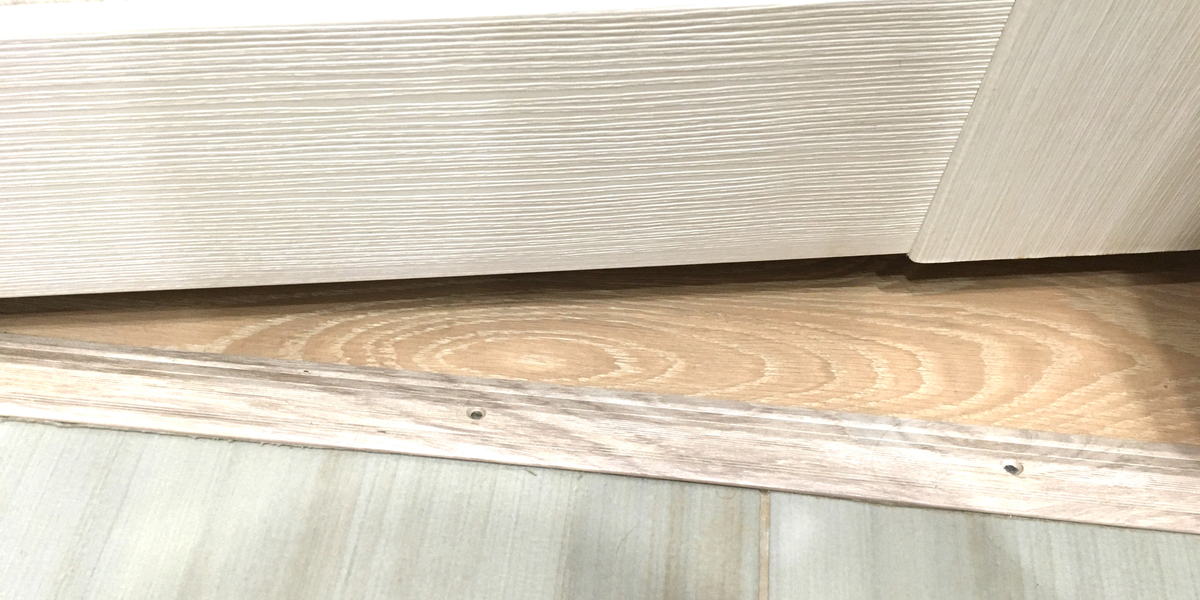The Huntington’s disease World Congress starts this weekend. Follow @HDBuzzFeed for live updates, check out HDBuzz.net for the latest news and videos, and send us your questions for the top HD scientists.
Oz Buzz – live from The World Congress on Huntington’s disease
The World Congress on Huntington’s disease is the biggest international meeting of HD scientists, care professionals and family members. The 2011 World Congress begins in Melbourne, Australia this Sunday – 11th September.
Your HDBuzz editors – Dr Jeff Carroll and Dr Ed Wild – have teamed up with Emmy award-winning broadcaster Charles Sabine to present Oz Buzz – reporting live from the World Congress. In the spirit of HDBuzz, we’ll be bringing the most exciting scientific news to the global HD community.
Follow HDBuzzFeed on Twitter for live updates
Throughout the World Congress, Ed and Jeff will be using Twitter to post plain language news updates, in real time, from within the science sessions. So if you want the very hottest news, as it happens, follow @HDBuzzFeed.
Daily updates at HDBuzz.net
Each evening, we’ll post a new article to HDBuzz.net, containing all the day’s science updates from the Congress. Like any HDBuzz article, you’ll be able to read it at HDBuzz.net, on the community websites that use the HDBuzz feed, and in your inbox, if you’ve signed up to receive our email updates.
Oz Buzz live on stage
On the evenings of Monday 12th and Tuesday 13th September, Jeff, Ed and Charles will present Oz Buzz live, featuring the news headlines from the day, and in-depth interviews with top HD researchers – all in easy-to-understand language – plus some entertaining features on the social life behind the Congress and the host city of Melbourne.
Video of the live sessions will be available to watch at HDBuzz.net within a few hours after the session.
Oz Buzz needs you!
We’ll be interviewing three top scientists each night – and we want you to send us questions for them. Now’s your chance to get an answer to that burning question you’ve been wondering about, straight from the horse’s mouth. The scientists we’ll be interviewing, and the areas we’ll be covering, are:
- n
-
Dr Frank Bennett of Isis Pharmaceuticals – gene silencing therapy
-
Dr Tony Hannan of Florey Neuroscience Institutes, Melbourne – environmental factors that can influence HD onset and progression
-
Prof Leslie Thompson of University of California Irvine – how our DNA and the huntingtin protein are chemically modified by cells
-
Dr Rachael Scahill of University College London – how magnetic resonance imaging will help us to run clinical trials in HD
-
Prof Steve Finkbeiner of Gladstone Institute of Neurological Disease – how cells handle harmful proteins
-
Prof Paul Muchowski of Gladstone -targeting the immune system to help brain cells to survive
n
n
n
n
n
n
You can send us your questions in several ways:
- n
-
By email to [email protected]
-
Tweet us – @HDBuzzFeed
-
Record your question on YouTube and send us the link by email or tweet
n
n
n
Please tell us your name (or nickname) and what country you’re in. Send your questions any time – before or during the Congress – and the best ones will be asked during the live session.
We hope you enjoy our World Congress coverage – we aim to make it the most accessible international research meeting the global HD community has seen.







